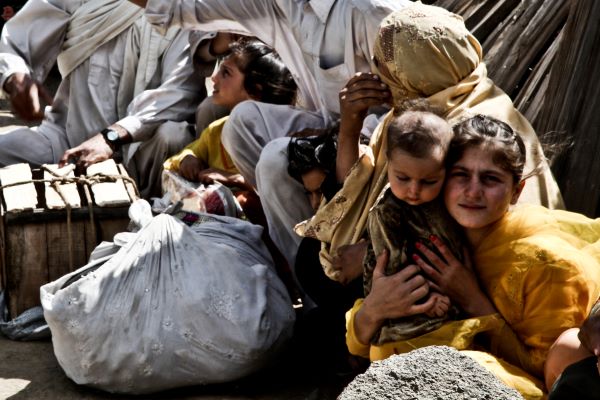August 19th is World Humanitarian Day, and today we are celebrating humanitarians… those brave and dedicated people serving humanity, willing to go no matter where, no matter what.
World Humanitarian Day was established by the United Nations, commemorating the bombing of the UN Headquarters in Baghdad, Iraq on 19 August 2003, when a suicide bomber drove a truck filled with explosives into the building. Twenty-two people were killed, including UN Special Representative to Iraq, Sergio Vieira de Mello. More than 100 people were injured including human rights attorney and political activist Amin Mekki Medani.
This year marks the 20th anniversary of the attack on the UN Headquarters in Baghdad, Iraq. Today, we remember the personnel who have lost their lives working for humanitarian causes and during crises.
WHD also celebrates humanitarians working in the field. The dedication and commitment of humanitarians is remarkable. Humanitarians are there to help people of all races, all nationalities, of all faiths – and many times during the most tragic and difficult times of their lives, frequently on the worst day of their lives.
In 2022, 444 aid workers were attacked, 116 killed, 143 wounded and 185 kidnapped. Sixty-four aid workers have lost their lives in 2023. South Sudan and Sudan have been the most dangerous places for humanitarian workers this year. And we cannot stress enough that humanitarian workers are not a target.
Impact of Displacement and Conflict on Humanitarian Need
Right now, some 362 million people in the world need humanitarian assistance. Humanitarians have a shared interest in serving humanity. They are mission-driven. Humanitarian work is challenging and often very dangerous. But they give it their all to protect and save lives. In addition to working to help those impacted by conflict, violence, and climate crisis, humanitarians are also working across unprecedented displacement. There are some 110 million people, forced to flee from their homes, often across country borders. That is double the number of people displaced a decade ago.
Humanitarian aid is critical to support the needs of the displaced population. Yemen remains one of the world’s largest humanitarian crises with more than 11 million children in need of one or more forms of humanitarian assistance. Displacement in Yemen is extremely high. Some 4.5 million continue to be internally displaced, many have faced multiple displacements since 2015.
As a result of more than 500 days of conflict, at least 17 million people in Ukraine require an urgent humanitarian response. The conflict in Ukraine has recorded 6.3 million people displaced.
Ongoing violence in Sudan has forced more than 4.3 million people to flee their homes. 3.2 million are internally displaced and nearly 1 million have fled to neighboring countries. Some 195, 000 South Sudanese have been forced to return home. The forced return (refoulement) of people fleeing for their lives is forbidden under humanitarian law. The humanitarian crisis in Sudan risks destabilizing the wider region, as many of the bordering countries have also endured decades of conflict, economic and political instability, food insecurity, and drought.
As of December 2022, nearly 6.6 million people are internally displaced in Afghanistan. Relief workers are still on the ground in the Taliban-ruled country, risking their lives, giving lifesaving support to millions living under the de facto government. Even after the Taliban issued strict edicts banning women from working for NGOs, humanitarian workers have been committed to serving in Afghanistan.
Humanitarians go No Matter Where, No Matter What
To my TGR team, Chad, Alex, Jason, Noelle, Michael, and Stephanie, and to our many associates and collaborators around the world – I’m proud to serve humanity with you. Thank You for Your Service! Together, we are making a difference and making the world a witness.
With gratitude… Lara
Photo credit: Pakistan Humanitarian Aid by DVIDSHUB. Licensed under CC By 2.0
WorldHumanitarnDay #WHD #ThinkingOutLoud #TOL #larakajs #Humanitarians #Conflict #Displacement #NoMatterWhat

